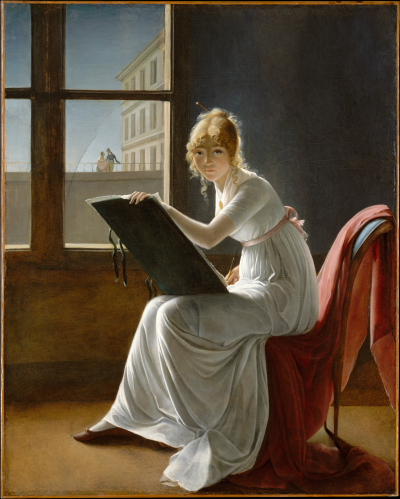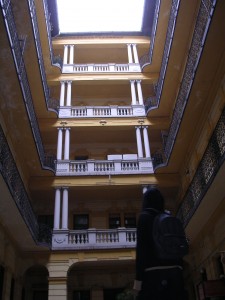What is Cultural Literacy Everywhere (CLE)?
Cultural Literacy Everywhere (CLE) is an international, research-led association. Our aim is to promote high quality, interdisciplinary research into the relationship between literacy, culture, educational policy and social change and in so doing, to raise public awareness of what it means to be ‘culturally literate’ in a globally divided, technologically dominated world.
As an association, we bring together academics, educators, artists, policy makers and members of the culture industries through conferences, workshops, special events, funded projects, special interest groups and international partnerships leading to the dissemination of on-line publications, work in progress and up to date information on cultural issues.
We welcome the participation of individual researchers, project coordinators and cultural actors from a range of disciplines and culture-related professions in Higher Education and the public sector.’
The Aims and Objectives of CLE
The CLE initiative has two main aims: to achieve a broad shared understanding of the notion of Cultural Literacy and its importance; and to increase the visibility of the challenge presented by Cultural Literacy and of the contributions which LCS scholars and their fellow researchers continue to make in this area.
To achieve these aims, CLE is bringing together academics, educators, artists, policy-makers and members of the cultural industries in a Forum for discussion and development worldwide.
Cultural Literacy Everywhere (CLE) is an international, research-led association. Our aim is to promote high quality, interdisciplinary research into the relationship between literacy, culture, educational policy and social change and in so doing, to raise public awareness of what it means to be ‘culturally literate’ in a globally divided, technologically dominated world.
As an association, we bring together academics, educators, artists, policy makers and members of the culture industries through conferences, workshops, special events, funded projects, special interest groups and international partnerships leading to the dissemination of on-line publications, work in progress and up to date information on cultural issues.
We welcome the participation of individual researchers, project coordinators and cultural actors from a range of disciplines and culture-related professions in Higher Education and the public sector.’
First set up in 2007 by the European Science Foundation (ESF) Standing Committee for the Humanities, CLE set itself the task of investigating the following questions:
- What is the current state of the field of literary studies in Europe?
- What is the interdisciplinary field of ‘literary and cultural studies’ (LCS) and what are its relationships to other fields?
- How is LCS already active in European society, in the form of ‘cultural literacy’?
- How can we develop and extend the contribution of LCS to Europe and its challenges?
In 2009 an ESF-COST synergy was created to carry the initiative forward; between 2009 and 2011 it ran five international workshops. It was decided that LCS research is based on four key concepts:
Research has continued within these four fields of study; at the first CLE Conference, in 2015 the following papers were given:
Biopolitics, Biosociality & the Body
The initial two outcomes were an ESF-COST Science Policy Briefing, published in January 2013, and a volume of seventeen essays, From Literature to Cultural Literacy, coedited by Naomi Segal and Daniela Koleva, which was published by Palgrave Macmillan in 2014.
At present, the project’s Steering Committee aims to implement the first two recommendations of the Science Policy Briefing:
- Recommendation 1: Create a biennial Cultural Literacy conference series
- Recommendation 2: Inaugurate a European Forum for LCS research.
Meeting the challenge of Cultural Literacy
What is Cultural Literacy?
Cultural literacy is an ability to view the social and cultural phenomena that shape our lives – bodies of knowledge, fields of social action, individuals or groups, and of course cultural artefacts – as being essentially readable. Cultural literacy engages with interdisciplinarity, multilingualism and collaboration. It is a way of looking at social and cultural issues through the lens of literary thinking, employing communication, comparison and critique on a scale beyond that of one language or one nation-state, and avoiding abstraction. Furthermore, it is as much about innovation and creative practice – whether scholarly, artistic or social – as it is about analysis, and it very often brings these two methods together.
Developing knowledge and shared practices in the area of Cultural Literacy must be understood and promoted as a key strategic goal for a meaningful impact on European society and beyond it, by supporting individuals and groups in the continuous effort to achieve greater social justice and active forms of citizenship.
The CLE Forum has undertaken the following actions:
- created an international Core Group to oversee all activities;
- organised a Workshop on ‘Migration’ in May 2016;
- organised the second biennial Conference in May 2017, at the Institute of Literary Research of the Polish Academy of Sciences in Warsaw;
- organised the second Interim Symposium at the Monash Prato Centre in Tuscany in July 2018.
- set up Special Interest Groups devoted to key areas and initiatives.
It also continues to assure an enhanced web presence, support the distribution of information, share good practice, research outcomes and communication among interested parties.of information, share good practice, research outcomes and communication among interested parties.


